Motor skills
Recent articles
Karen Adolph explains how we develop our ability to move through the world
How do babies' bodies and their environment teach them to move—and how can robots benefit from these insights?
Karen Adolph explains how we develop our ability to move through the world
How do babies' bodies and their environment teach them to move—and how can robots benefit from these insights?
Decoding flies’ motor control with acrobat-scientist Eugenia Chiappe
The tiny performers steal the show in Chiappe’s sensorimotor-integration lab in Lisbon, Portugal.

Decoding flies’ motor control with acrobat-scientist Eugenia Chiappe
The tiny performers steal the show in Chiappe’s sensorimotor-integration lab in Lisbon, Portugal.
A new look at walking in early childhood: Q&A with Rujuta Wilson
Quantifying toddlers’ gaits promises to improve autism diagnosis and intervention.

A new look at walking in early childhood: Q&A with Rujuta Wilson
Quantifying toddlers’ gaits promises to improve autism diagnosis and intervention.
New tablet-based tools to spot autism draw excitement — and questions
Handheld devices promise to bring autism detection home, but many researchers urge caution.

New tablet-based tools to spot autism draw excitement — and questions
Handheld devices promise to bring autism detection home, but many researchers urge caution.
Year in Review: Spectrum’s best in 2023
Here are five must-reads from our coverage of autism research over the past 12 months.
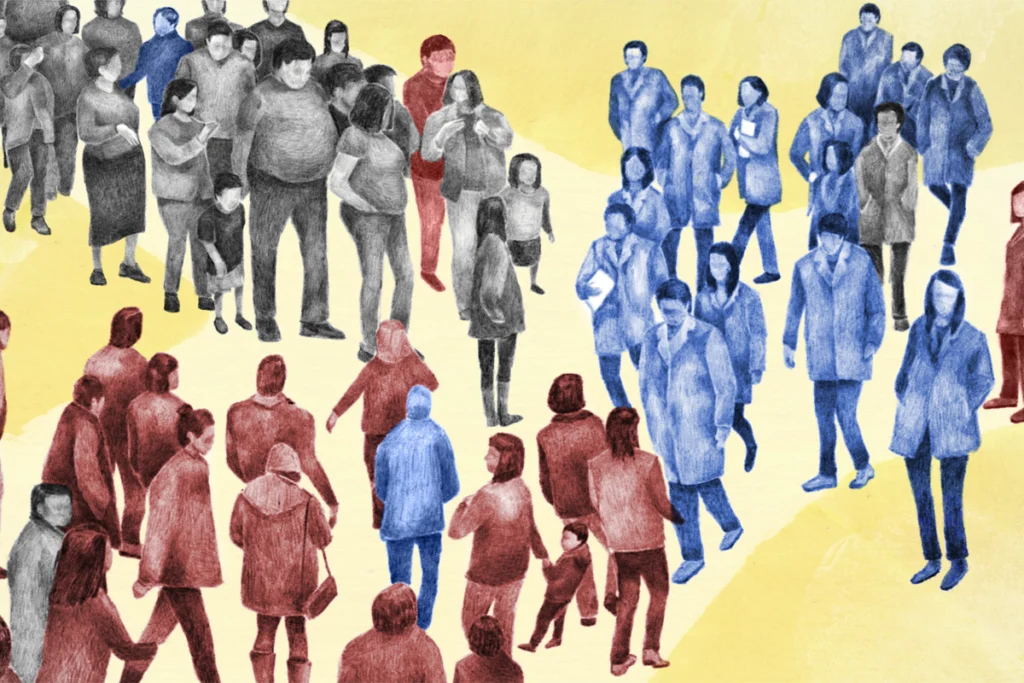
Year in Review: Spectrum’s best in 2023
Here are five must-reads from our coverage of autism research over the past 12 months.
Glow-in-the-dark labels accelerate AI-assisted animal motion tracking
The labeling technique trains machine-learning algorithms with larger datasets and less effort than ever before.
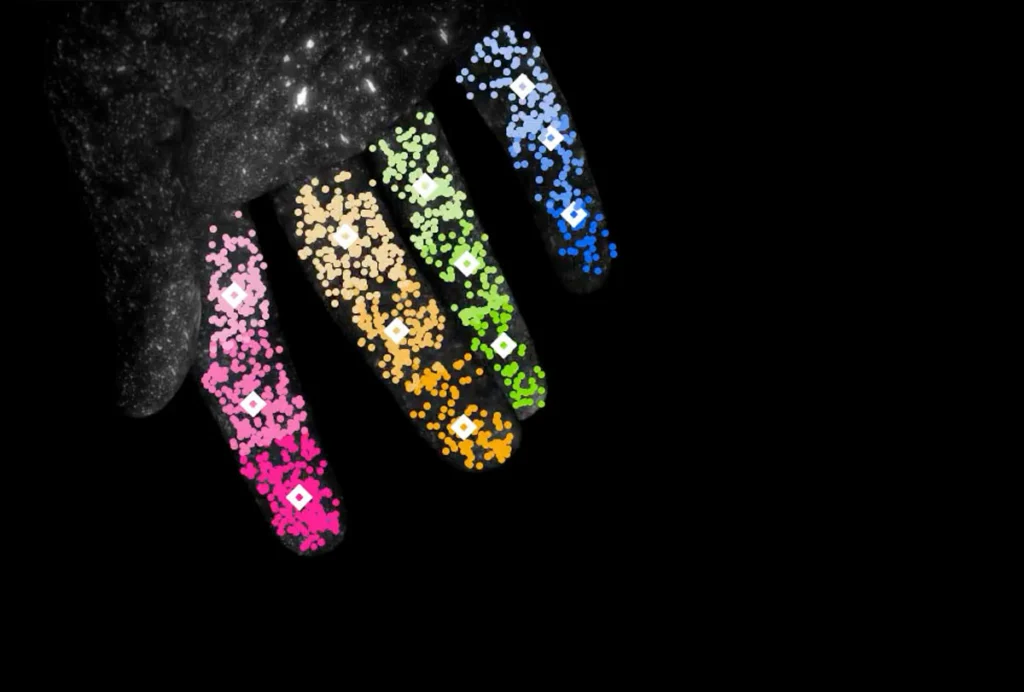
Glow-in-the-dark labels accelerate AI-assisted animal motion tracking
The labeling technique trains machine-learning algorithms with larger datasets and less effort than ever before.
Abundant motor proteins disrupt cries in FOXP2 mice
Knocking down the gene that codes for the proteins normalizes the vocalizations.
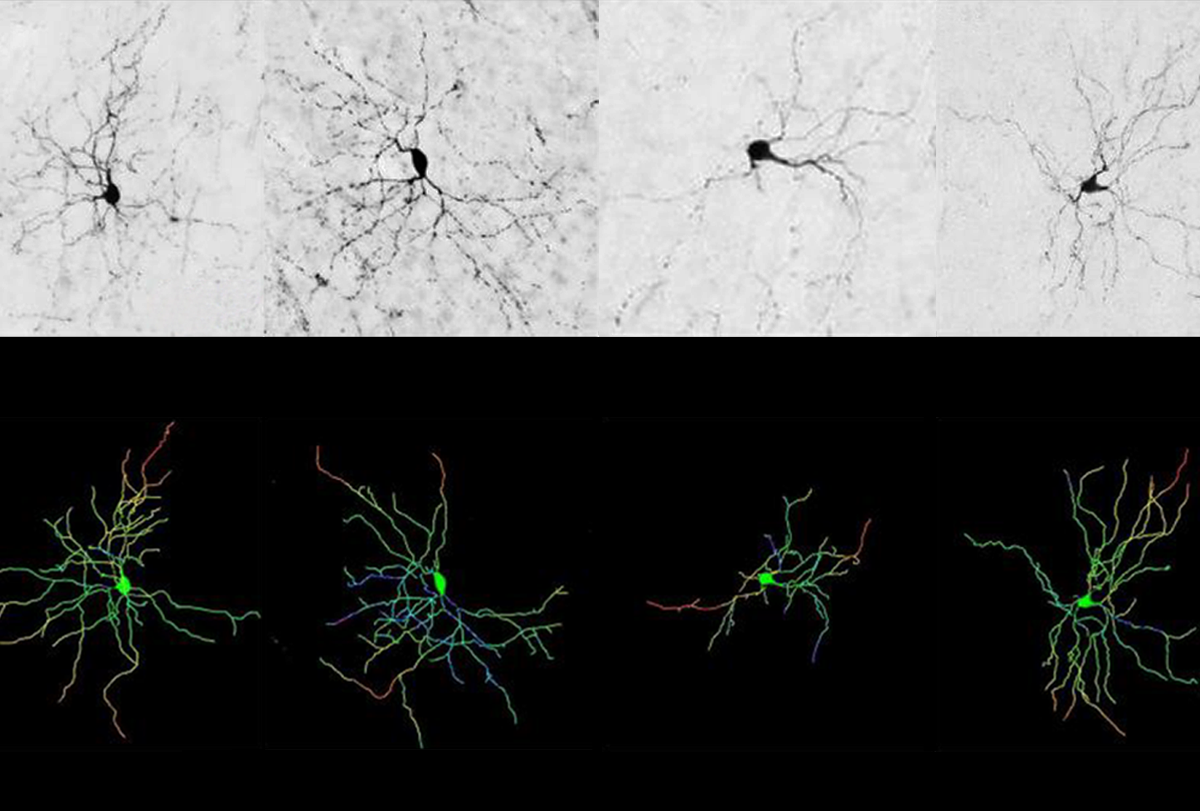
Abundant motor proteins disrupt cries in FOXP2 mice
Knocking down the gene that codes for the proteins normalizes the vocalizations.
Spotted around the web: Synthetic embryos; Angelman gene therapy
Here is a roundup of news and research for the week of 26 June.
Spotted around the web: Synthetic embryos; Angelman gene therapy
Here is a roundup of news and research for the week of 26 June.
Null and Noteworthy: Registered reports; motor measurements; viral DNA
In this edition of Null and Noteworthy, Spectrum talks with a Nature editor about the journal’s move to publish more null results.
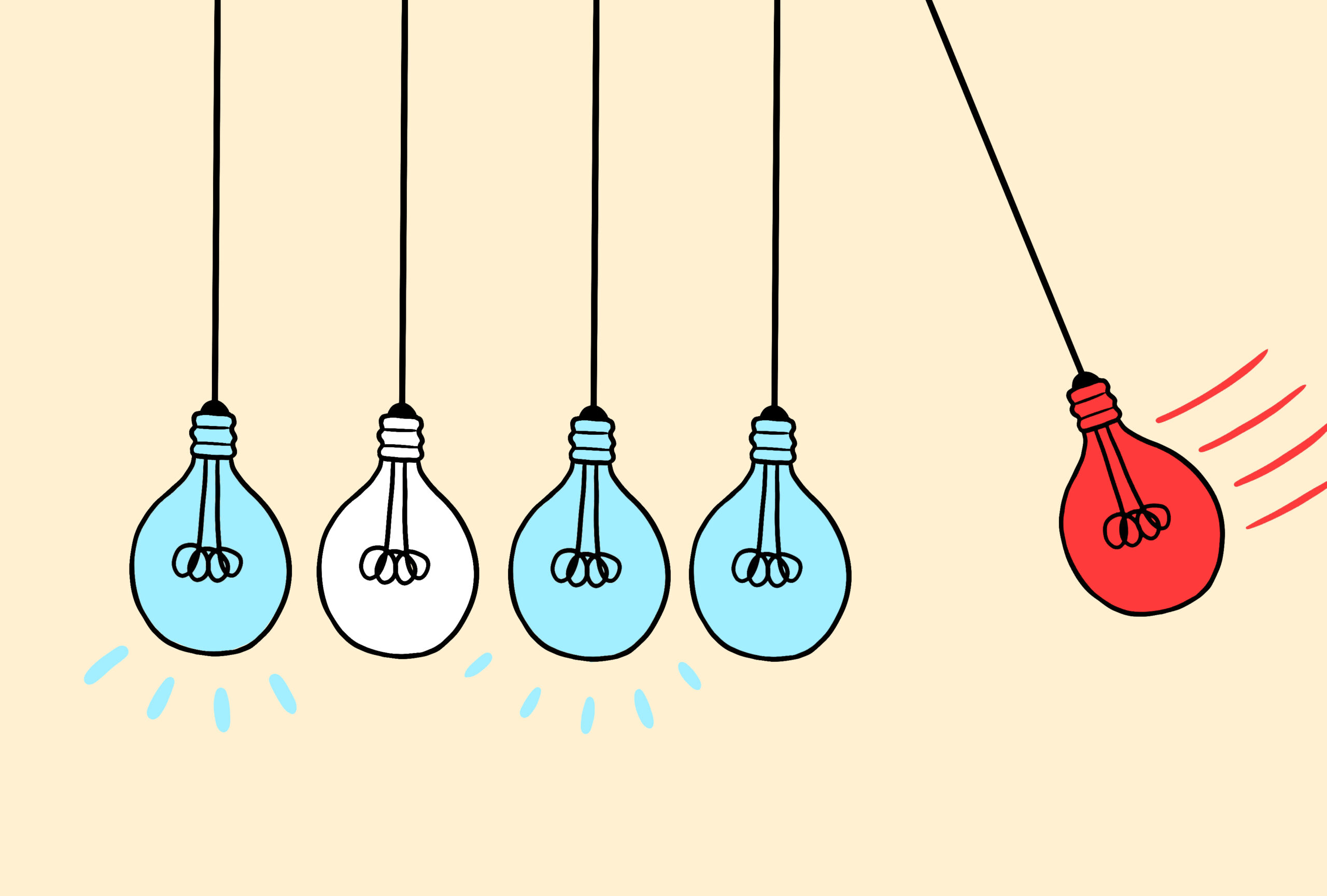
Null and Noteworthy: Registered reports; motor measurements; viral DNA
In this edition of Null and Noteworthy, Spectrum talks with a Nature editor about the journal’s move to publish more null results.
Journal Club: Meta-analysis oversells popular autism screen
The Modified Checklist for Autism in Toddlers (M-CHAT) accurately flags autistic toddlers, a new systematic review and meta-analysis suggests, contrary to past evidence that the tool’s validity varies depending on a child’s age and traits. Experts weigh in on the discrepancy.

Journal Club: Meta-analysis oversells popular autism screen
The Modified Checklist for Autism in Toddlers (M-CHAT) accurately flags autistic toddlers, a new systematic review and meta-analysis suggests, contrary to past evidence that the tool’s validity varies depending on a child’s age and traits. Experts weigh in on the discrepancy.
Explore more from The Transmitter
David Krakauer reflects on the foundations and future of complexity science
In his book “The Complex World,” Krakauer explores how complexity science developed, from its early roots to the four pillars that now define it—entropy, evolution, dynamics and computation.
David Krakauer reflects on the foundations and future of complexity science
In his book “The Complex World,” Krakauer explores how complexity science developed, from its early roots to the four pillars that now define it—entropy, evolution, dynamics and computation.
White-matter changes; lipids and neuronal migration; dementia
Here is a roundup of autism-related news and research spotted around the web for the week of 13 January.
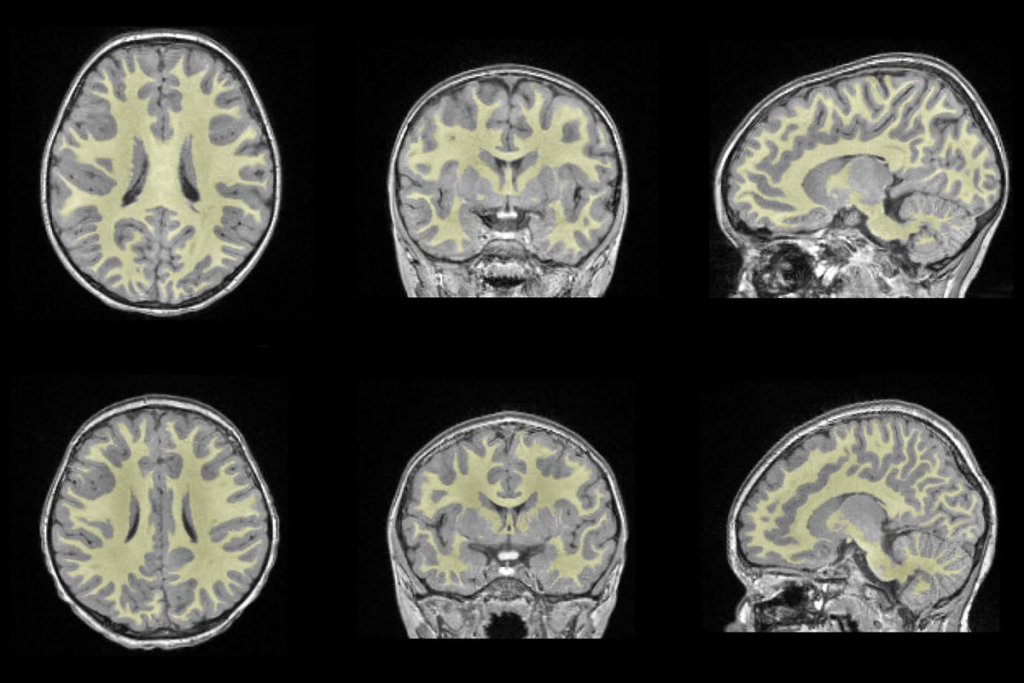
White-matter changes; lipids and neuronal migration; dementia
Here is a roundup of autism-related news and research spotted around the web for the week of 13 January.
Fleeting sleep interruptions may help brain reset
Brief, seconds-long microarousals during deep sleep “ride on the wave” of locus coeruleus activity in mice and correlate with periods of waste clearing and memory consolidation, new research suggests.

Fleeting sleep interruptions may help brain reset
Brief, seconds-long microarousals during deep sleep “ride on the wave” of locus coeruleus activity in mice and correlate with periods of waste clearing and memory consolidation, new research suggests.